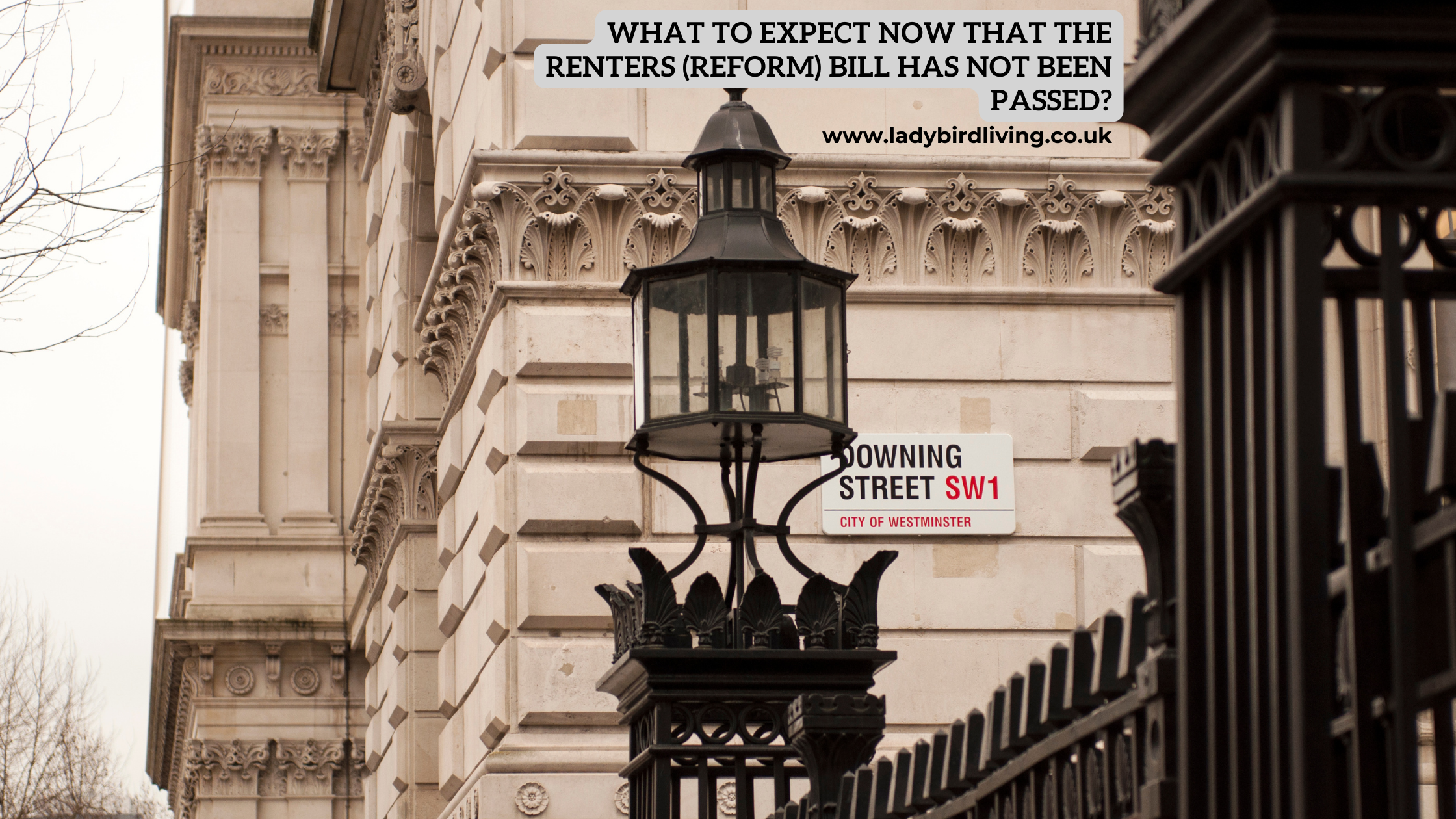
New periodic tenancies under the Renters' Reform Bill
The Renters Reform Bill has introduced a new system of periodic tenancies. The aim of periodic tenancies is to make existing tenancy structures simpler.
Differences between fixed-term and periodic tenancies:
- A fixed-term tenancy is when a tenant pays the rent for a fixed period (usually 6 or 12 months). The property owner and tenant can agree to renew the tenancy once the fixed period ends. Property owners are unable to use section 21 to evict tenants during a fixed-term tenancy. They can also use a break clause to give tenants permission to end the tenancy earlier.
- For periodic tenancies, a tenant would be required to provide at least a one-month notice when they want to leave. During this period, they would be expected to pay for the rent. Under a periodic tenancy agreement, property owners can use section 21 to end the contract with 2 months’ notice.
What are the tenancy changes under the Renters Reform Bill?
The Renters Reform Bill has proposed that all tenancies will move from Assured Tenancies to a ‘single system of periodic tenancies. Therefore, a two months’ notice will be required if tenants want to leave.
Under the Renters Reform Bill, section 21 will be abolished. Instead, property owners will need to use section 8, but they are only able to if the tenant has been in the property for a minimum of 6 months.
The information in this post is valid to the best of our knowledge on the date of posting. It is advised that you seek independent advice based on your individual circumstances.
T +44 (0)203 488 1488
Recent Posts






